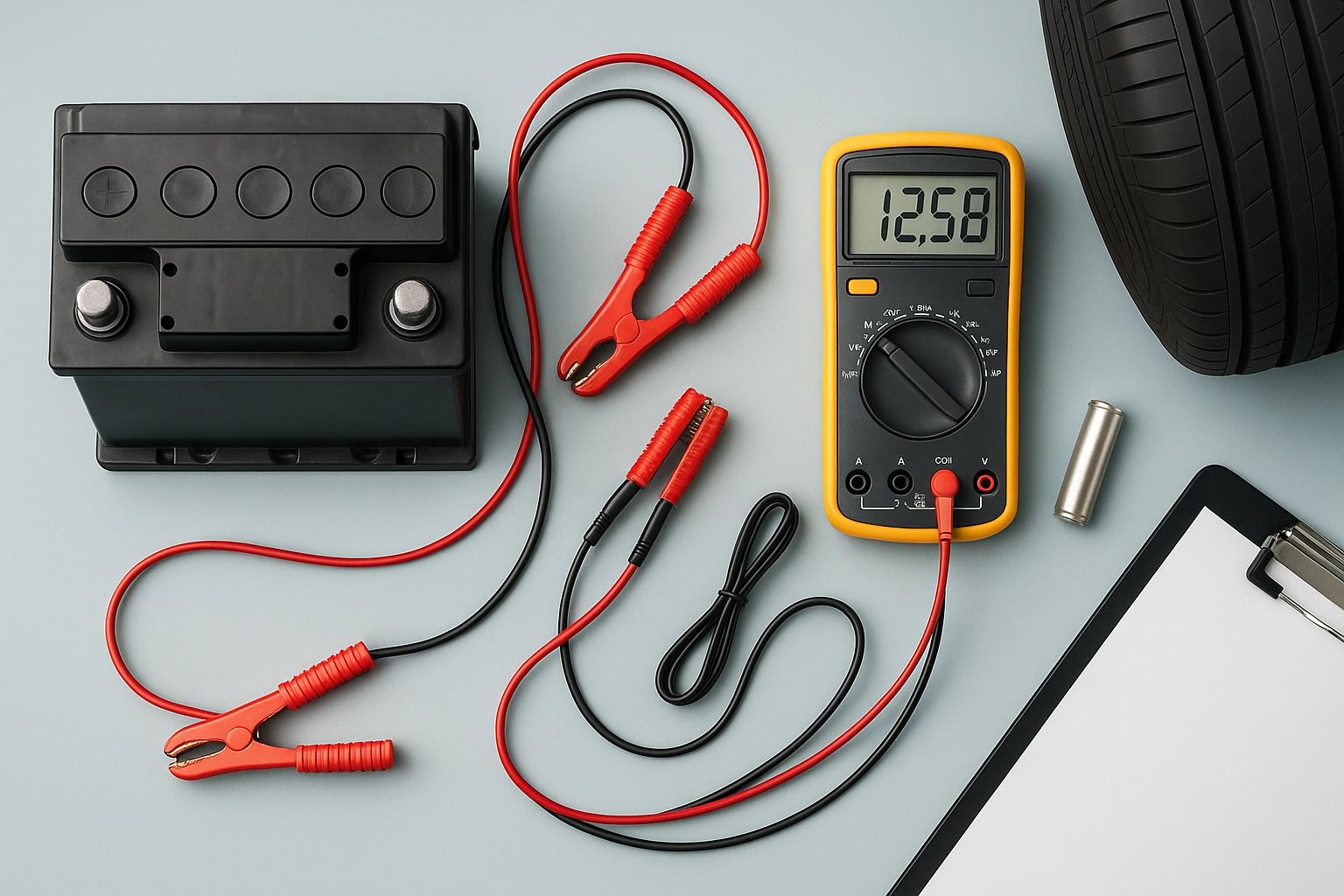EN 62619 Lithium Ion Battery Industrial Safety Test
The EN 62619 standard is a crucial requirement for the safety of lithium-ion batteries used in industrial applications. This test evaluates the ability of these batteries to withstand various stress conditions, ensuring they meet stringent safety and performance criteria.
Lithium-ion batteries are integral to numerous industrial sectors including automotive, aerospace, telecommunications, medical devices, and more. Ensuring that these batteries perform reliably under a wide range of operational scenarios is paramount for maintaining the integrity of systems that depend on them. The EN 62619 standard addresses this need by prescribing specific tests designed to simulate real-world conditions.
The test parameters include voltage, current, temperature, and more, all meticulously defined according to international standards such as ISO, ASTM, and IEC. This ensures consistency across different manufacturers and applications. Specimen preparation involves ensuring the battery is in a known state of charge and discharge before testing begins. The testing apparatus includes specialized equipment capable of withstanding high voltage and current, which may include programmable power supplies, data loggers, and thermal management systems.
The EN 62619 standard encompasses several key test procedures aimed at evaluating the battery's safety under various stress conditions:
- Overcharge
- Overdischarge
- Short circuit
- Thermal abuse (overheating and overcooling)
- Vibration testing
- Fall impact tests
These tests are designed to identify potential hazards early in the development process. By adhering to these standards, manufacturers can ensure their products meet regulatory requirements, enhance safety, and build consumer confidence.
The acceptance criteria for EN 62619 are stringent, requiring batteries to pass all specified tests without compromising on performance or durability. Failure to comply with any of these tests may result in product recall, legal action, and potential damage to brand reputation. Therefore, it is essential that industrial stakeholders invest in robust testing methodologies and quality assurance practices.
By adopting the EN 62619 standard, organizations can position themselves at the forefront of innovation, ensuring their products not only meet but exceed global safety standards. This commitment to excellence fosters trust among end-users and enhances market competitiveness.
Why Choose This Test
The EN 62619 Lithium Ion Battery Industrial Safety Test is an indispensable tool for ensuring the highest levels of safety in industrial applications involving lithium-ion batteries. Here are several reasons why this test stands out:
- Comprehensive Coverage: The test evaluates batteries under a wide range of stress conditions, providing comprehensive insights into their performance and durability.
- Regulatory Compliance: By adhering to the EN 62619 standard, manufacturers can ensure compliance with international regulations, avoiding costly legal issues.
- Innovation Facilitation: The test encourages continuous improvement in battery design and manufacturing processes. It identifies potential areas for enhancement, driving technological advancement.
- Enhanced Safety: By identifying safety risks early on, the test contributes to safer industrial environments, reducing accidents and incidents related to lithium-ion batteries.
The test also offers several advantages that set it apart from other testing methodologies. It is designed specifically for industrial applications, ensuring that the results are relevant and applicable to real-world scenarios. This makes it an invaluable resource for quality managers, compliance officers, R&D engineers, and procurement teams alike.
Moreover, the EN 62619 standard encourages collaboration among stakeholders by providing a common framework for testing. This fosters innovation and ensures consistent safety standards across different manufacturers and applications.
Competitive Advantage and Market Impact
The implementation of the EN 62619 Lithium Ion Battery Industrial Safety Test offers significant competitive advantages to organizations operating in the automotive sector. By adhering to this standard, companies can position themselves as leaders in safety and innovation, gaining a distinct advantage over competitors who may not meet these stringent requirements.
- Enhanced Reputation: Compliance with international standards enhances brand reputation and consumer trust, which are critical factors in the competitive market.
- Better Consumer Confidence: By demonstrating a commitment to safety, companies can build stronger relationships with consumers, leading to increased loyalty and repeat business.
- Increased Market Share: The ability to offer safer products can lead to increased market share as customers increasingly favor brands that prioritize safety and quality.
The EN 62619 standard also has a notable impact on the broader industry. By setting high safety standards, this test encourages innovation and continuous improvement in battery technology. This drives down costs and improves performance, ultimately benefiting all participants in the ecosystem.
Additionally, compliance with international standards like EN 62619 can facilitate easier entry into foreign markets where these regulations are enforced. This opens up new opportunities for growth and expansion, enhancing an organization's market presence globally.
Use Cases and Application Examples
The EN 62619 Lithium Ion Battery Industrial Safety Test finds application in various industrial sectors where lithium-ion batteries are used. Here are some specific use cases:
- Automotive Industry: For electric vehicles (EVs) and hybrid electric vehicles (HEVs), the test ensures that the battery can withstand rigorous driving conditions.
- Aerospace Sector: In aircraft applications, the test evaluates the battery's ability to perform under extreme temperature variations and high altitude conditions.
- Telcommunications Industry: For backup power systems in telecommunication networks, the test ensures reliability during extended periods of outage.
- Medical Devices: In portable medical devices like defibrillators and insulin pumps, the test guarantees consistent performance even under stress conditions.
In each of these applications, the EN 62619 standard plays a critical role in ensuring that lithium-ion batteries meet the highest safety and performance standards. This is particularly important given the increasing demand for reliable energy storage solutions across various industries.
The test also has real-world implications beyond just compliance. It helps manufacturers identify potential weaknesses in their products early on, allowing them to make necessary improvements before they reach the market. This proactive approach not only enhances product quality but also reduces the likelihood of costly recalls and warranty claims.





